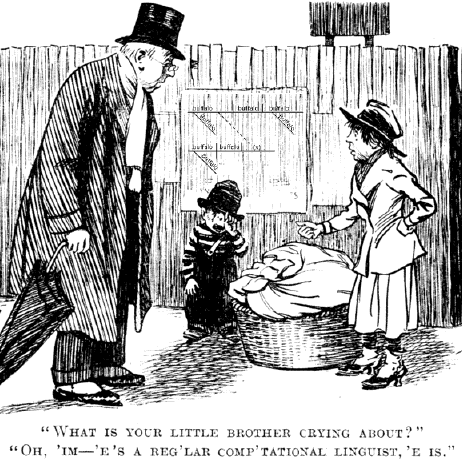Disputed agreement
Jeremy Hawker wrote:
Where it says, at the bottom, Comments are closed, shouldn't that be Comments IS closed?
It's the category "Comments" that is closed, and there is only one.
I'm not sure, myself — but I can guarantee that if it said "Comments is closed", some people would complain about that choice too. I pointed this out to Jeremy, who suggested a punctuational solution: "Comments" is closed. But that one would run afoul of Evan "Funk" Davies at The Gallery of "Misused" Quotation Marks (or whoever has taken over that franchise).
Appealing to norma loquendi (blogandi?), I see that {"comments are closed"} gets 10.9 million Google hits, whereas {"comments is closed"} gets only 1,030.
Anyhow, comments is open.

